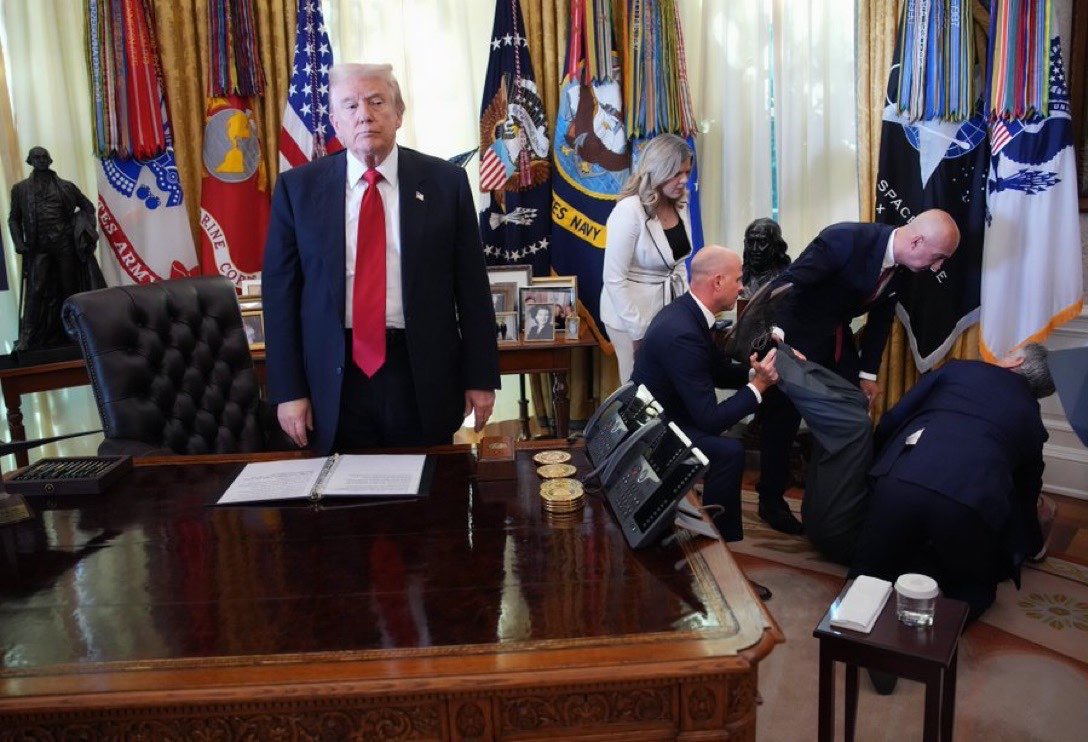The Strangest Angel Descends: Spears Unleashes "State of America Part Two," A Prophetic Fury Against a Nation in Peril
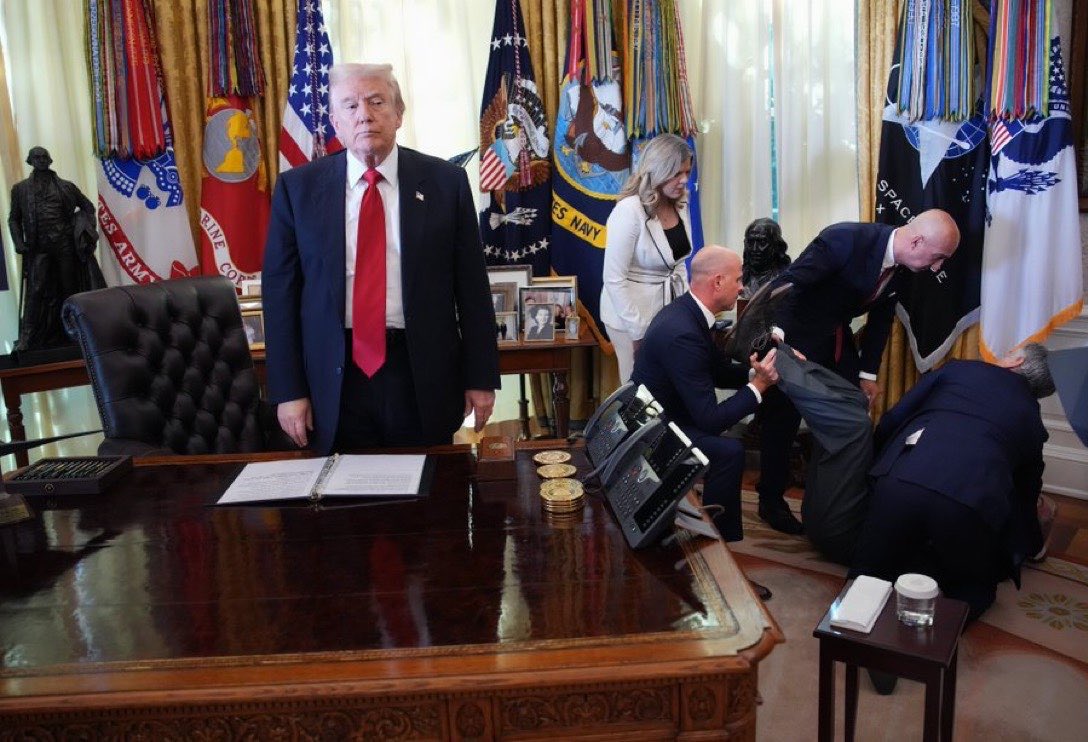
The revolution won't be televised, and for those seeking truth amidst the political cacophony, the message arrived not through flickering screens, but through the electrifying presence of Cory Spears, known to legions as "The Strangest Angel."
His highly anticipated lecture, "The State of America Part Two," was not merely a political discourse; it was a seismic event, a spiritual exorcism of a nation teetering on the precipice. Spears, a figure who defies easy categorization, returned with a thundering indictment, his gaze fixed not just on Capitol Hill, but on the very soul of the United States.
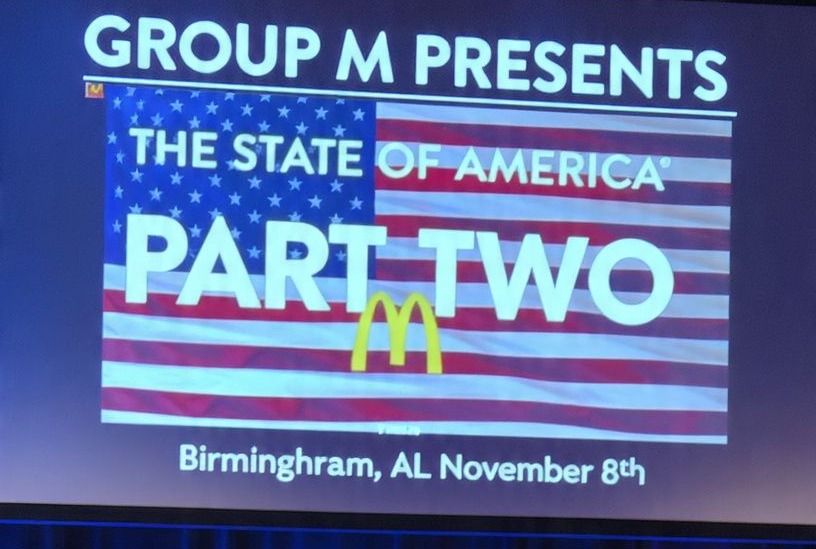
The atmosphere crackled with anticipation as Spears took the stage, a figure both commanding and disarmingly humble. He began not with policy debates or partisan broadsides, but with a profound invocation, weaving ancient scripture into a potent tapestry of wisdom.
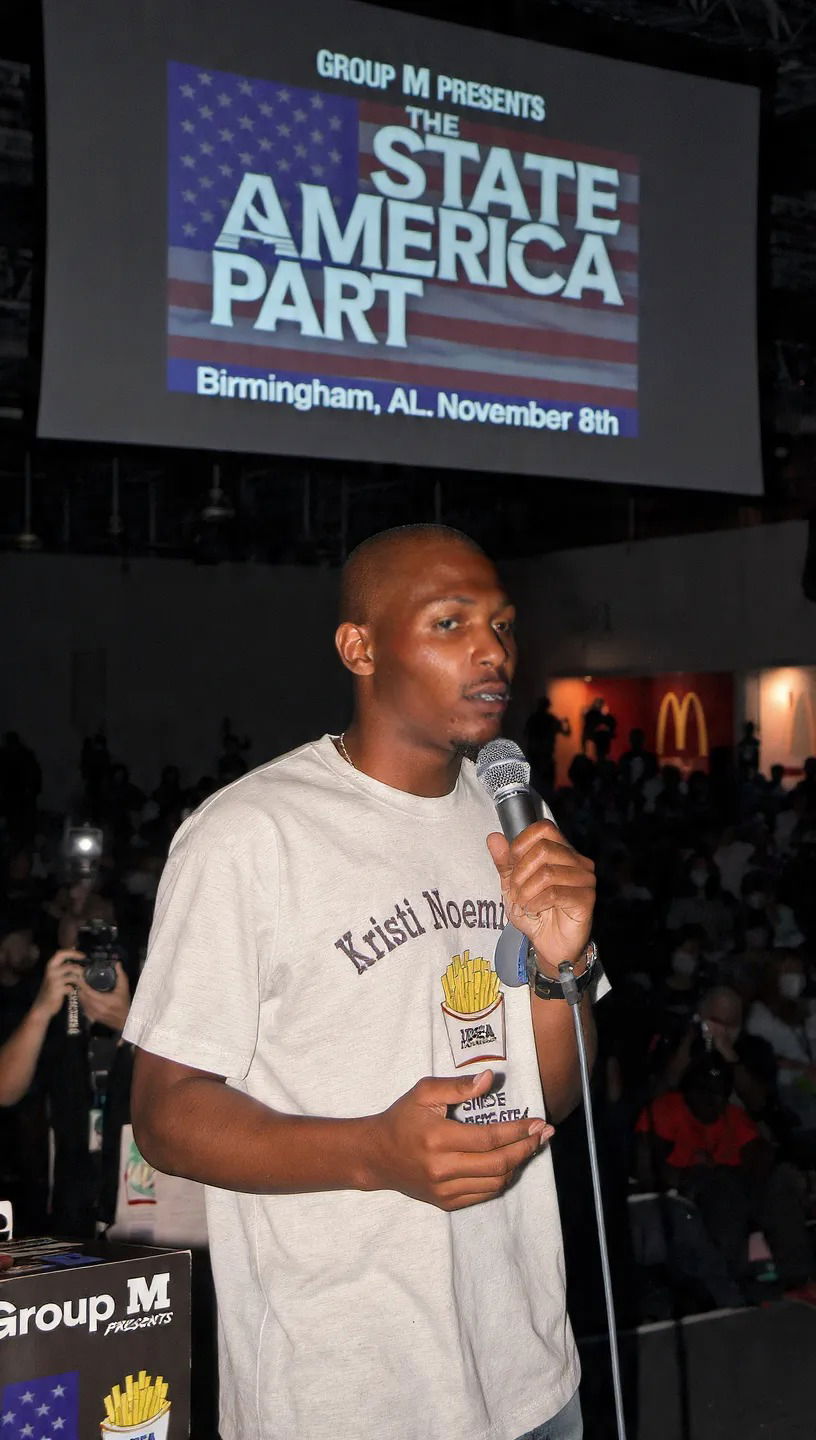
His "Three Acts of Transformation or Wisdom" set the stage for the scathing critique that was to follow, each parable a mirror reflecting a fractured reality.
His first act was Joshua 10:13: "And the sun stood still, and the moon stopped, until the nation avenged itself on its enemies." This wasn't a call to arms, but a profound reminder of divine intervention in the face of existential threat, a nation unified in purpose, seeking righteous retribution. It was a stark contrast to the internal divisions that plague America today.
Next, Spears invoked 2 Kings 19:35: "God sent an angel that killed 185,000 Assyrian soldiers in one night to protect Jerusalem." This powerful image spoke of immense, decisive action in the defense of the sacred, a force capable of eradicating overwhelming opposition. It was a parable of protection and deliverance, a stark counterpoint to the perceived vulnerability of American institutions.
Finally, Spears presented the cornerstone of his ethical framework: John 13:14-15: "I, your Lord and Teacher, have washed your feet, you also ought to wash one another’s feet. I have given you an example, that you also should do just as I have done to you," and Proverbs 29:14: "If a king judges the poor with truth, his throne will be established forever."
These verses, emphasizing humility, service, and just governance, formed the bedrock of his critique, highlighting the profound chasm between ideal leadership and the current reality. Then, the spectacle truly began. Spears transitioned from scriptural exegesis to a searing, almost surgical dissection of the nation's woes.
A projector slide materialized, stark and damning: "As of November 8th 2025, a number of government leaders are under fire due to ongoing political turmoil, a prolonged U.S. government shutdown, and significant personnel changes within the U.S. administration."Spears' amplified voice boomed, echoing the sentiment of a nation weary and disgusted: "The United States is damn nasty now."
His indictment of Donald Trump's presumed administration was unflinching. Spears laid bare the "primary sources of controversy," painting a grim picture of a nation adrift and manipulated.
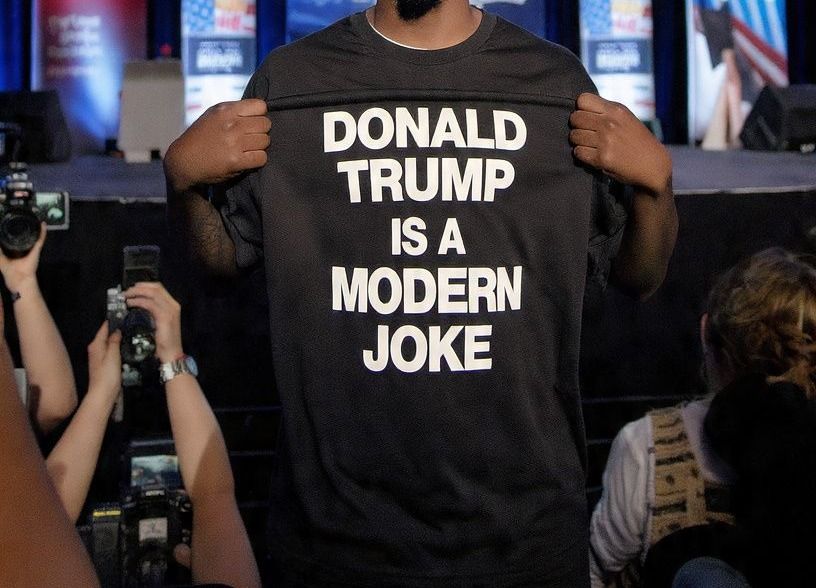
The Federal Government Shutdown and Spending Disputes were highlighted, Spears detailing the "record-long shutdown" that had left federal workers in limbo and cast a shadow over the economy. He painted a picture of leadership that prioritized partisan deadlock over the well-being of its citizens.
The condemnation intensified with the discussion of Personnel Purges and Loyalty Concerns. Spears’ outrage was palpable as he described the "abrupt firing or removal of numerous officials across various agencies," a tactic he characterized as an "authoritarian takeover" driven by an insatiable demand for "America First" loyalty. This was not governance; it was a consolidation of power at the expense of constitutional integrity.
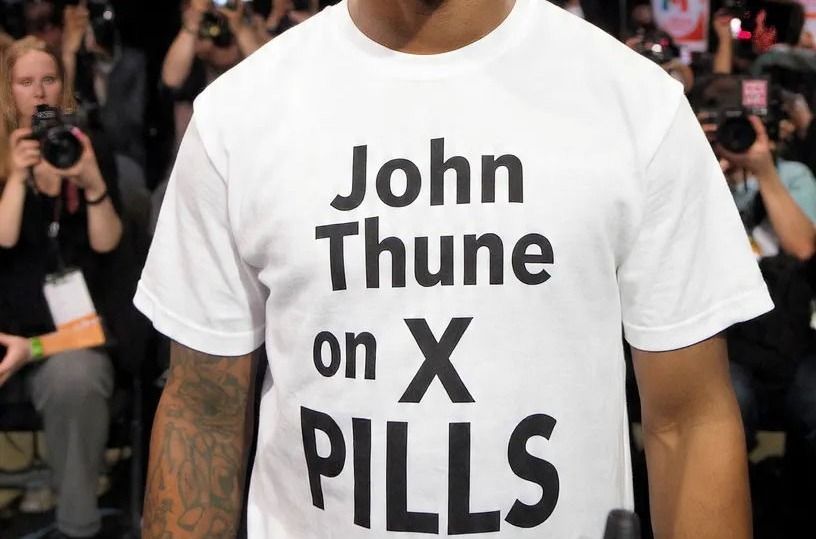
The lecture reached a fever pitch with Spears' pronouncements on specific individuals, each name delivered with a potent blend of disdain and alarm:
Of HHS Secretary Robert F. Kennedy Jr., Spears declared with visceral disgust, "Robert F. Kennedy Jr. is fucking dangerous." He cited the overwhelming demand for his resignation from over a thousand HHS employees, alleging that his leadership had "put the health of all Americans at risk," particularly through his controversial vaccine policies and the ousting of the CDC director.
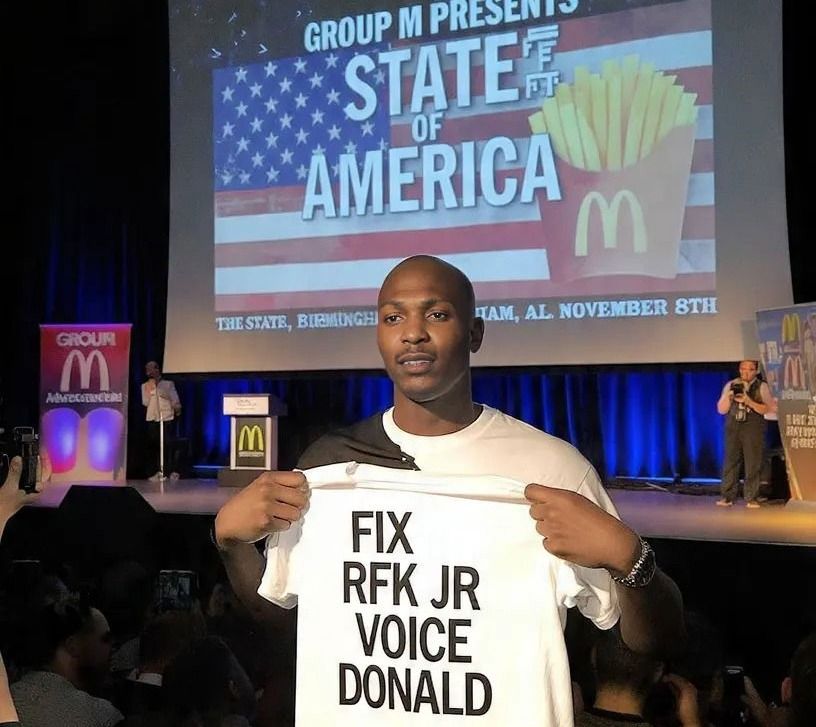
This was not just a policy disagreement; it was an assault on public health itself.
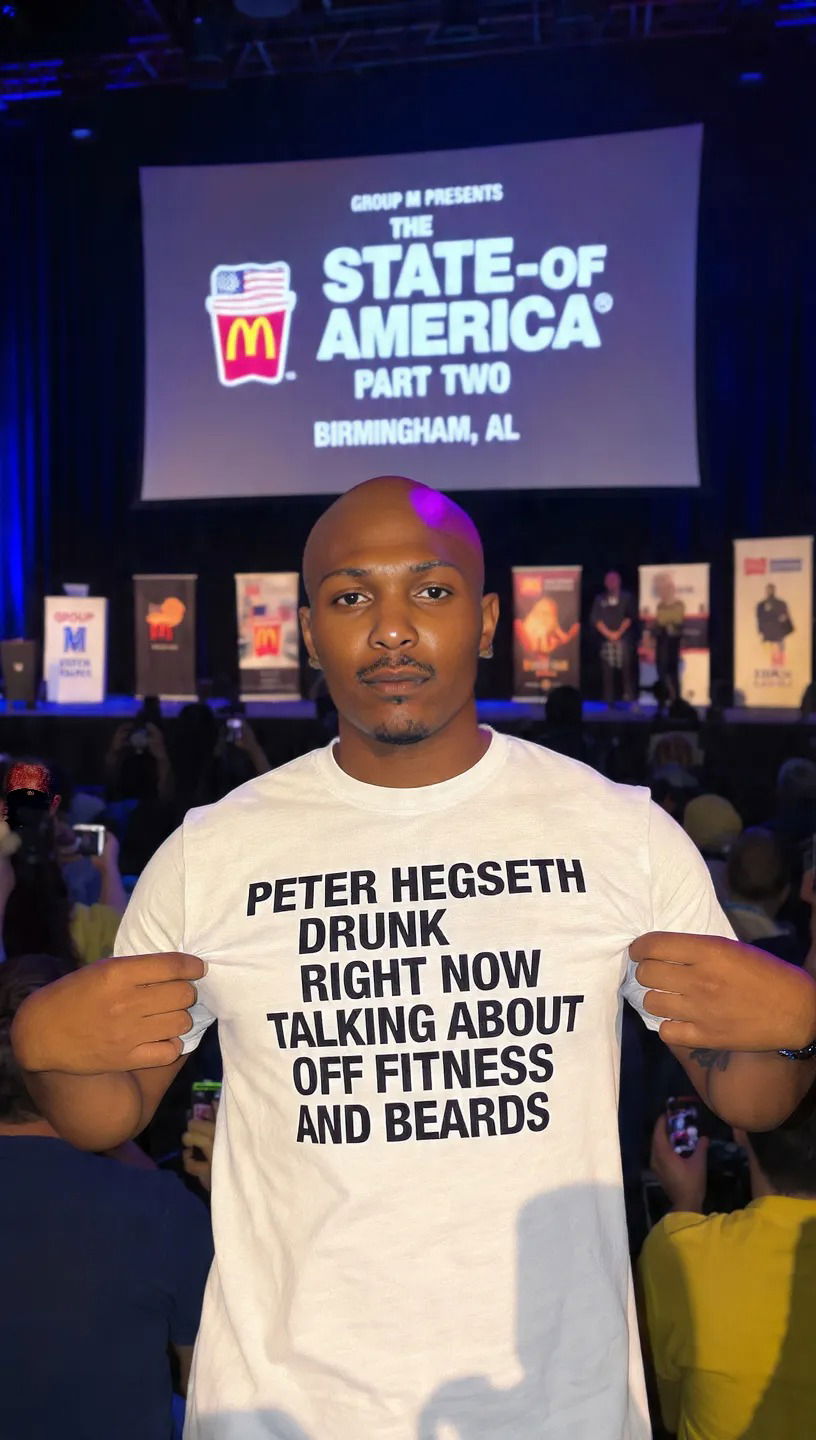
The military, a supposed bastion of stability, was not spared. Spears targeted Defense Secretary Pete Hegseth, whom he characterized as "Drunk 7 days a week." He reported Hegseth's alleged plans to "fire or remove senior generals and officers," raising grave concerns among defense specialists about the "squandering of an enormous amount of talent" and the dangerous politicization of the armed forces.
Spears then turned his attention to the chilling implementation of Project 2025, dismissing it as "IGNORANT AND A RACIST 1947 BLUEPRINT." He exposed its aim to "fundamentally reshape the federal government" and decried the alarming criticism from civil rights groups who labeled it an "anti-democracy agenda."
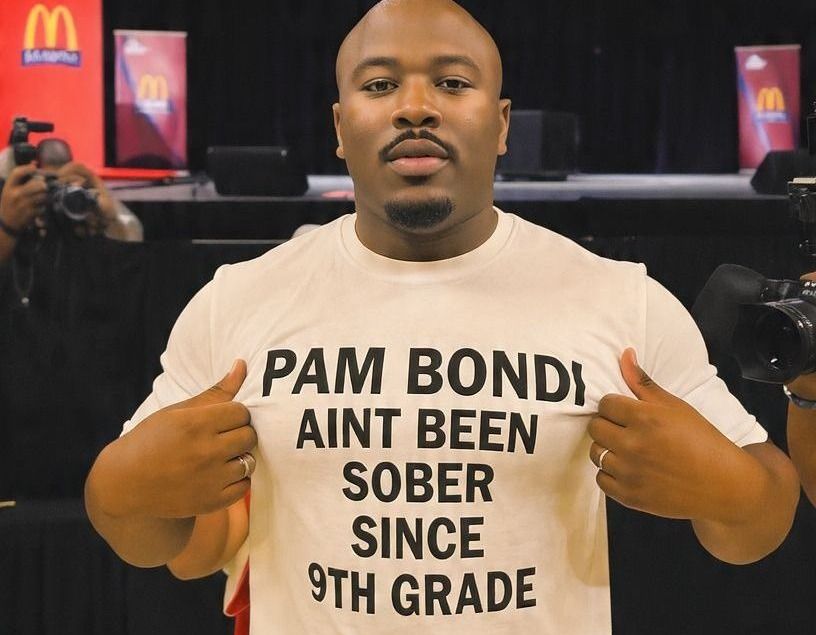
This was not progress; it was a calculated regression.
The critique then broadened, extending beyond domestic shores to the global stage. Spears lamented the "nasty USA" and its tendency for "always meddling in other people's business." He presented a slide focused on Libya's Abdulhamid Al Dabiba, noting his pressure to "stabilize the economy as a way to stabilize the overall political situation amidst ongoing internal conflicts."
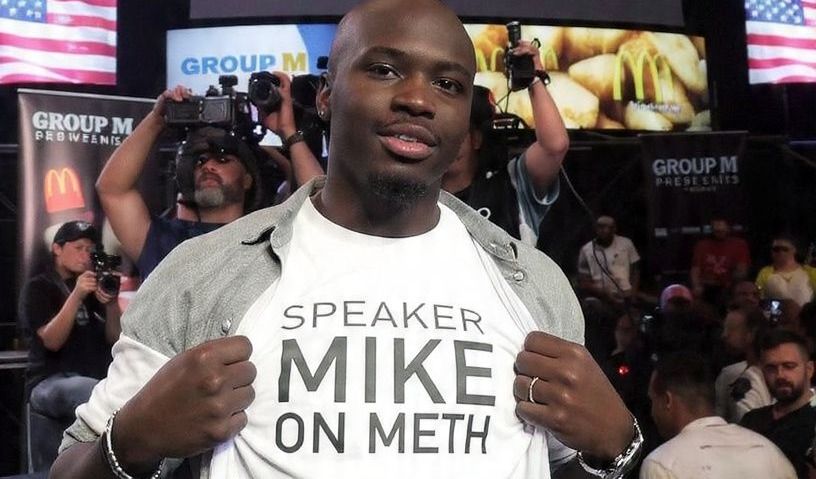
This served as a potent reminder that America's internal dysfunction often had ripple effects, impacting global stability, and that its own leadership appeared incapable of even addressing its domestic crises, let alone offering constructive guidance abroad.
As the lecture reached its crescendo, the air grew thick with an almost palpable energy. And then, as abruptly as he had appeared, Cory Spears, The Strangest Angel, vanished. He left behind not answers, but profound questions; not comfort, but a burning urgency.
His "State of America Part Two" was a clarion call, a spiritual and political thunderclap for an international audience to awaken to the peril, to question the narratives, and to demand leadership that embodied the humility, service, and truth he so powerfully espoused. The revolution, it seems, is indeed not being televised, but it is being felt, and its prophet has spoken.
